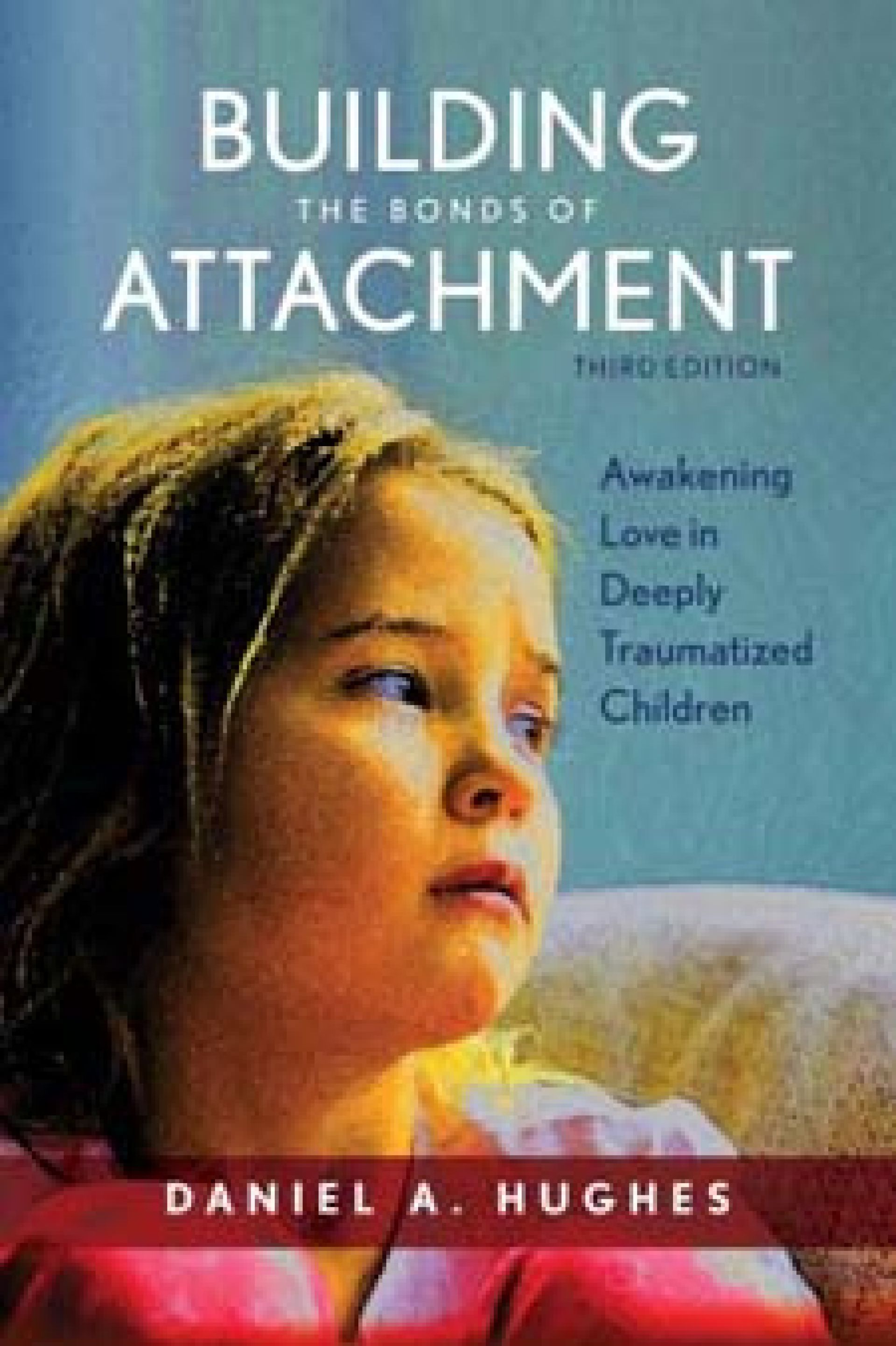

Dyadic Developmental Psychotherapy (DDP): Level 2
Multiday
Dr Sian Phillips
START DATE
Monday, 20 Oct 2025
END DATE
Thursday, 23 Oct 2025
Time
9:00am - 4:00pm
Venue
The Parnell Hotel & Conference Centre
10/20 Gladstone Road
Auckland 1052
Inclusions:
Lunch & Tea Break Catering
Workshop Notes
Certificate
Bookshop at Seminar
$2390.00
incl GSTThis four-day (28 hour) Level 2 Dyadic Developmental Psychotherapy (DDP) training further develops the Level 1 DDP material Compass Seminars offered over the last few years with Hannah Sun-Reid and Dr Sian Phillips and is the final workshop component required before participants are eligible to apply to become certified as a Dyadic Developmental Practitioner. This training is open to anyone who has completed Level 1 DDP training and will be of particular interest to professionals who support children and young people who have experienced developmental trauma (social workers, psychologists, residential workers, psychiatrists, carers, and other related professionals).
DDP is based on and brings together attachment theory, what we understand about developmental trauma, the neurobiology of trauma, attachment and caregiving, intersubjectivity theory and child development. It focuses on facilitating the child’s readiness and ability to establish a secure attachment with their caregivers and is family-based. It is called Dyadic Developmental Psychotherapy both to focus attention on the importance of reciprocity in parenting, caregiving and therapy, but also to draw attention to the fact that abuse, neglect and trauma can seriously impact on the child's development.
Core components of this Level 2 programme will include:
1. Building on the foundation knowledge gained in Level 1, including:
- The evidence base behind DDP and the latest neuropsychological research relating to attachment and caregiving behaviours.
- Establishing and maintaining a therapeutic alliance with parents, caregivers and other involved professionals.
- The main similarities and differences between attachment-focused treatment and other treatment models.
- The key components of attachment-focused supervision and training.
2. Further developing the foundation skills taught in Level 1, including:
- The opportunity to reflect and receive feedback on practice since the Level 1 training.
- Role play with feedback from Sian.
- Discussion and supervision in small group forums.
- Small group work around attachment histories of the therapists.
- Reviewing and reflecting on actual recordings of therapeutic sessions (this will include recordings but participants are also encouraged to bring recordings of their own DDP sessions in order to maximise their learning).
At the end of the course, participants are eligible to apply to become certified as a Dyadic Developmental Practitioner. Sian will outline this process at the end of the training although detailed information can be found in advance at: www.ddpnetwork.org
Places are strictly limited. We encourage you to register early to avoid disappointment.
Sian Phillips is a Psychologist in private practice in Kingston, Ontario. Since gaining her Ph.D. from the University of Toronto she has specialised in the assessment of childhood trauma and attachment difficulties, working with children and caregivers for the last 20 years. Sian was formerly an international board member of the Dyadic Developmental Psychotherapy Institute, and is a certified DDP Practitioner who accredits and trains professionals in the approach. DDP is based on and brings together attachment theory, what we understand about developmental trauma, the neurobiology of trauma, attachment and caregiving, intersubjectivity theory and child development. It focuses on facilitating the child’s readiness and ability to establish a secure attachment with their caregivers and is family-based. It is called Dyadic Developmental Psychotherapy both to focus attention on the importance of reciprocity in parenting, caregiving and therapy, but also to draw attention to the fact that abuse, neglect and trauma can seriously impact on the child's development.

Healing Relational Trauma Workbook
By Daniel A. Hughes, Kim S. Golding
$68.90
